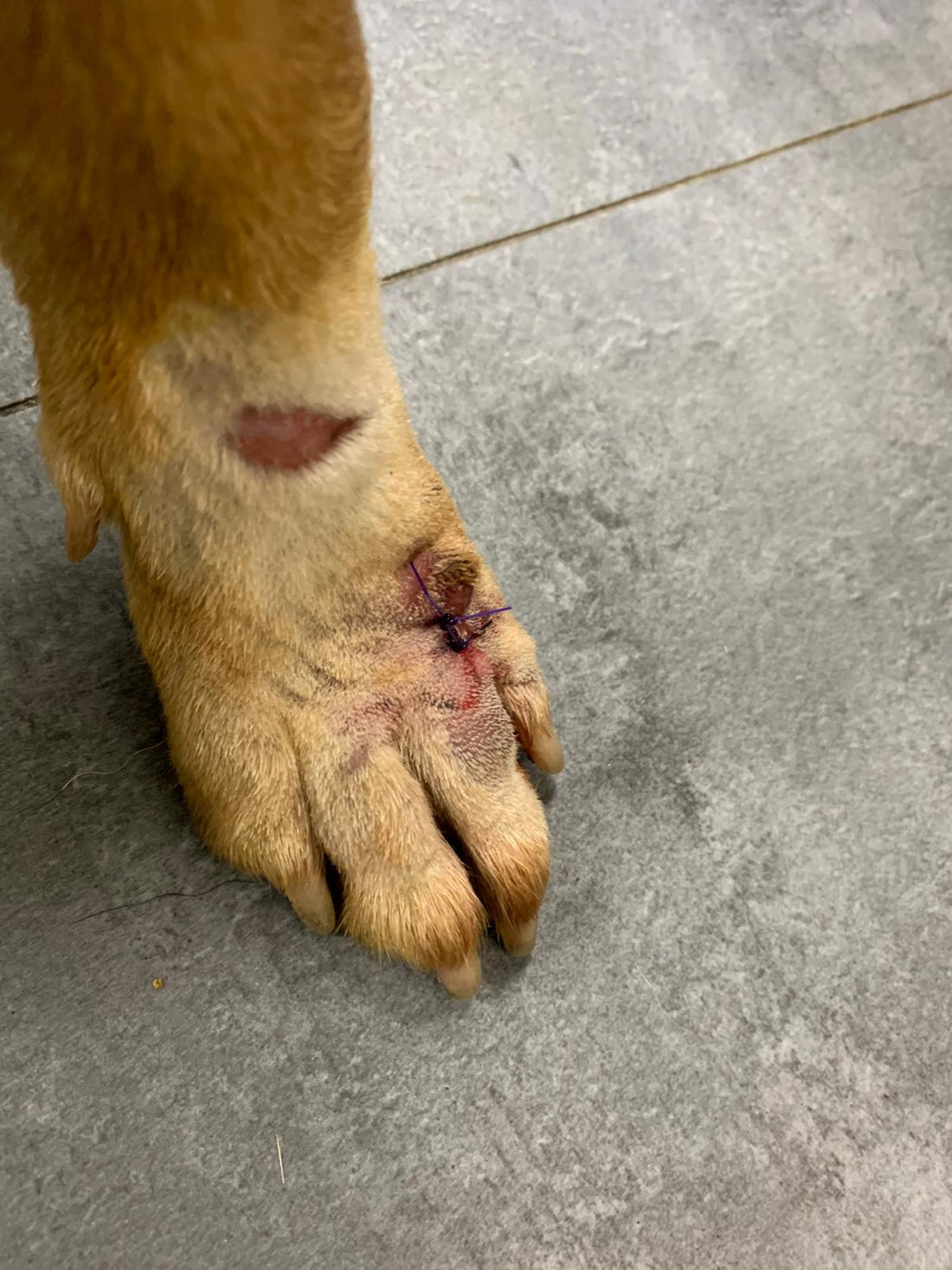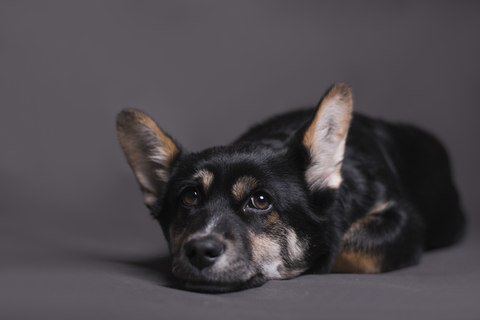
Treatment and Hacks for Dealing with Slow Healing Wounds
Share
Treatment and Hacks for Dealing with Slow Healing Wounds.
Slow-healing wounds are skin wounds that fail to heal quickly. They may heal slowly, or they can tend to recur after healing. These wounds are referred to as chronic wounds, which can last for more than four weeks. It is also chronic if it hasn’t healed completely in eight weeks. This type of wound can be quite painful, and it could affect a person’s movement or day-to-day activities.

What Causes Slow Healing Wounds
If left untreated, chronic or slow-healing wounds can result in dangerous complications. Fresh wounds would usually look red, irritated, and swollen. A chronic wound has no signs of healing. The other symptoms include:
- Numbness around the area
- Change in skin color
- Wound discharge
- A repugnant smell
- Noticeable skin swelling
When the wound refuses to heal, there is usually an underlying condition causing this. By understanding the reasons, you can take steps to treat the problem and heal the wound. Here are the reasons that could cause slow healing wounds:
Infection
If your wound gets infected, you will notice swelling, pain, and redness. You will likely also notice a foul smell or puss coming out of the wound. Your skin is your body’s first line of defense, but infections can halt the healing process.
Poor Blood Circulation
Your red blood cells help heal your wounds faster by bringing new cells to the tissue. Poor blood circulation will slow down the healing process. Various conditions like diabetes and obesity can cause this problem. Exercise will help improve your blood circulation.
Poor Nutrition
Your body needs protein to build new tissue. You need three times the daily protein requirement to get your body to heal faster. Drinking lots of water will also help heal the wounds faster. Unfortunately, not everyone knows that nutrition plays a huge part in healing wounds quickly.

Diabetes
Elevated sugar can hinder the healing process. It can slow down blood circulation, and it will affect your immune system. A person with diabetes can suffer from nerve damage, so he may not feel it when something is hurting. This can cause a wound to go unnoticed.
Excessive Swelling
Fluid accumulation can cause excessive swelling, which can impair the healing process. It can affect the body’s ability to heal wounds quickly. Compression therapy can help remove the fluid. It is only after the swelling goes down that the healing can begin.
Trauma
When the wound is subjected to repetitive pressure or trauma, this can hinder the healing process. This happens with patients who suffered spinal cord injury or people on bed rest. Proper circulation is necessary to relieve the pressure.
Diagnosing Chronic Wounds
The cause of chronic wounds must be identified so that the problem can be controlled. If the wound is caused by diabetes, you might need to have your sugar levels checked. You might have to check with a podiatrist to prevent ulcers from occurring. Chronic wounds can be diagnosed through physical examination, assessment of medical history, blood test, urine test, a biopsy of the wound, and culture of the microorganisms.

Natural Remedies of Wounds That Won’t Heal
Finding natural remedies for wounds that won’t heal is not as hard as you might think. Here are a few natural remedies for slow-healing wounds:
Turmeric
Turmeric is a lifesaver for many people who suffer from slow-healing wounds. It is a highly effective anti-inflammatory. It helps soothe the skin, and it helps hasten the healing process. It is readily available at supermarkets, and it can be bought in bulk online.
Yunnan Baiyao
Yunnan Baiyao is a highly effective treatment for infection and slow healing wounds. It can be taken internally to treat internal hemorrhage or to stop infection, which causes slow-healing wounds. You can take a cap-full of Yunnan Baiyao powder twice a day, or you can take them with 2-3 capsules of warm water.
In cases of open wound or infection, Yunnan Baiyao is quite effective when applied to the wound. Sprinkle the powder into the wound, and applied direct pressure and elevation to the area. You must reapply Yunnan Baiyao twice daily until the wound closes. Once the wound dried out, you can make a paste of saliva and powder, and apply it twice daily for weeks to ensure minimal scarring.
You can apply this to many kinds of wounds that have become infected or refuse to heal. It even heals flesh that is beginning to die from necrosis.
Garlic
Garlic has many minerals and vitamins inside. It has traces of manganese, potassium, selenium, calcium, beta-carotene, and Vitamin C, and more. It has healthy antibacterial properties, which can help slow-healing wounds, sores, and scars. It can stop bleeding, reduce pain, and promote healing.
Honey
Who would have thought that honey, when applied to open wounds, can save you from serious injuries or infection, which can even lead to amputation? Honey has antibiotic healing properties, which can help treat wounds and clear scars. It becomes even more powerful when mixed with other ingredients.
Aloe Vera
Not many people are aware of the healing abilities of the aloe vera. It also has anti-inflammatory properties. When this is applied properly on a slow-healing wound, it can heal and close up the wound quickly in just a matter of days. An aloe vera gel is known for its antiviral and antiseptic healing properties.
Coconut Oil
It’s not just for cooking. Coconut oil contains antibacterial properties, which can help relieve inflammation, kill bacteria, and boost the skin’s ability to hold moisture. It contains a lot of vitamin E, and it has analgesic and anti-inflammatory properties. It can help heal wounds fast, reduce swelling, and fade scars.
